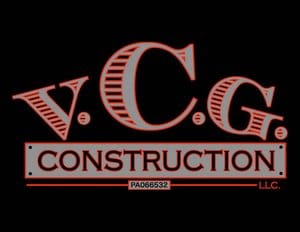
If you’ve been keeping up with the news, you might have read last week about the home improvement contractor problem in New Jersey. According to the Associated Press, the state attorney general’s office issued violation notices against 223 home improvement contractors in 2015. The attorney general is seeking more than $2.56 million in penalties.
That’s a lot of money!
So, what went wrong with these contractors? In many cases, the contractors did terrible work or didn’t do the work at all, even though their clients put down money ahead of time. In the last three months alone, more than 40 contractors were cited for violations and ordered to pay more than $320,000 in restitution.
How can you avoid home improvement scams? Here are three signs of a reputable contractor to steer you in the right direction.
They get a lot of referrals.
One of your best bets for choosing a reputable contractor is if a friend tells you they’re great. Talk to your family, friends, and neighbors about the contractors they’ve worked with in the past, and then check up on these contractors online to see what others have said about them. When a contractor does excellent work, their reputation usually precedes them.
If you’re able to communicate with the contractor’s past clients, ask them questions about their satisfaction with the work, daily cleanup procedures, ease of communication, ability to stick to the timeline, and if they’d hire the contractor again. It doesn’t hurt, also, to call the Better Business Bureau to review complaint histories about the contractor you’re considering. More than one or two complaints could be a bad sign.
They’re registered AND licensed.
Watch out! Just because a contractor is registered in your jurisdiction doesn’t mean they’re good at what they do. Registering only requires paying a fee; it doesn’t involve any assessment of skill.
That’s why a sign of a reputable contractor is they’re registered and licensed. Licensing involves passing a competency test, so it’s a better indication that the contractor can actually do the job.
Still, while a license is a mark of commitment to the trade, it doesn’t guarantee professionalism. The same can be said about memberships in big industry groups like the National Kitchen & Bath Association.
They give you a written contract with all the details.
It’s as simple as this: If there’s no written contract, you could be walking into a home improvement scam. A reputable contractor offers you a contract that includes their name and address, timetable for completing the project, license number, any subcontractors, and further details about the work. It should also specify the equipment and materials that will be used, as well as cleanup provisions.
Make sure the contract places the burden of securing permits on the contractor. Otherwise, you could be liable if the work isn’t up to code.



